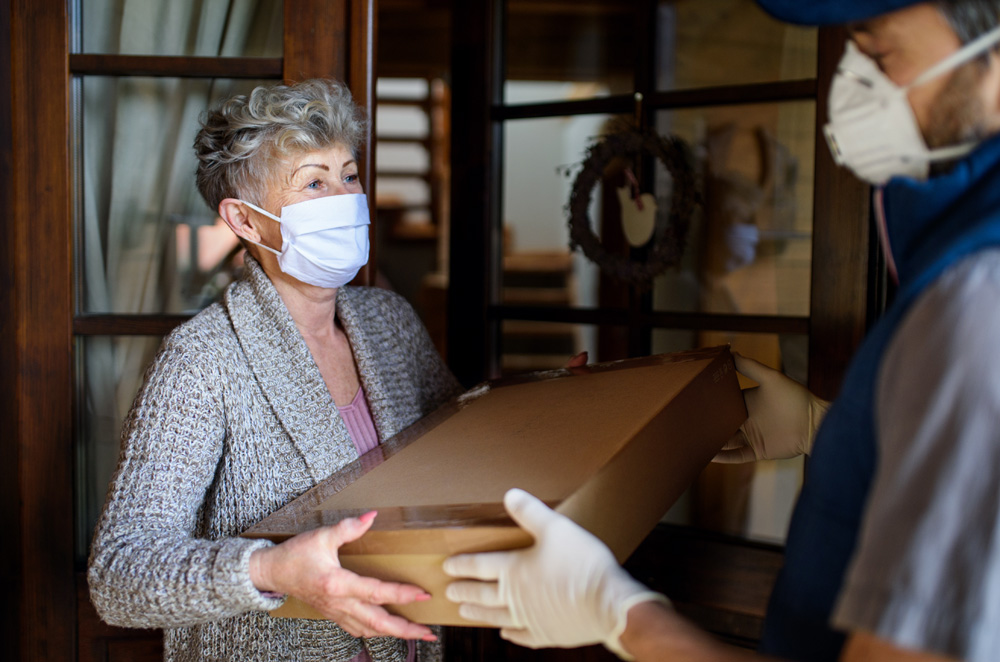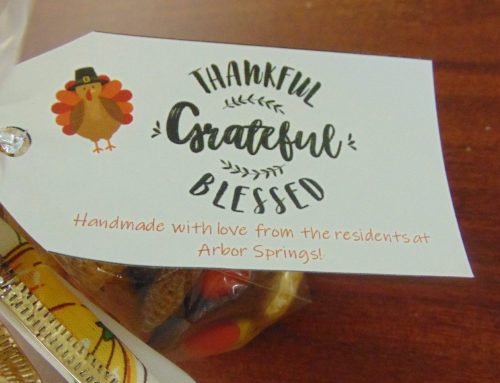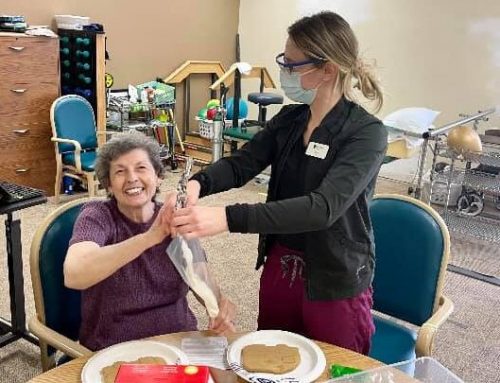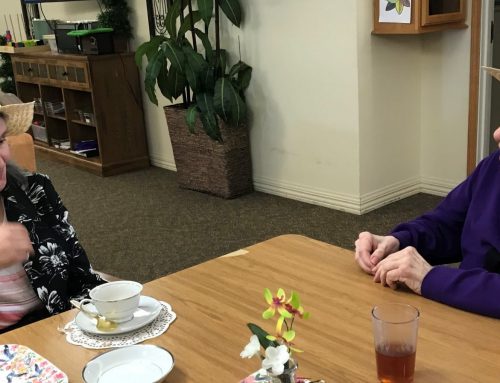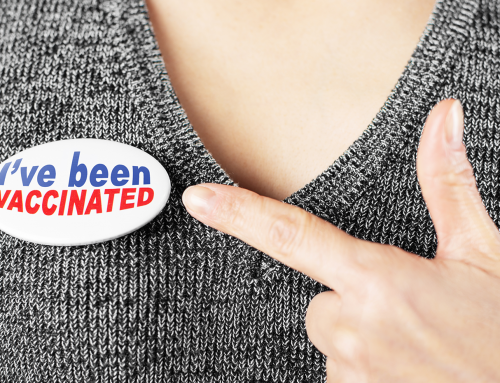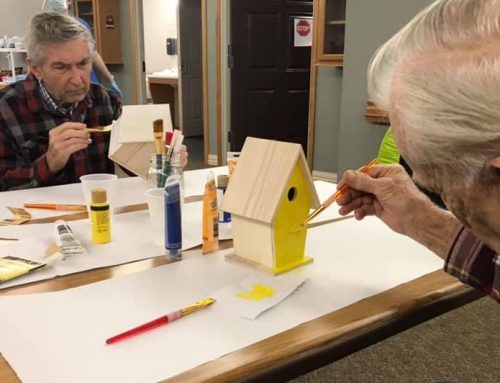During times like these, there are more challenges than just dealing with primary health and safety concerns. Whether it’s your financial or mental health, seniors and those with memory issues are even more susceptible to these dangers. Many of them have a more difficult time adapting to this new reality. Looking after a loved one can be hard enough without the added stress and additional responsibilities that emerge during a public health emergency.
I would like to point out some issues that have arisen over the past few weeks that may directly impact caregivers or have become uniquely challenging since social and medical precautions have become stricter. And since I’m always looking to support you, your family, and your loved one, hopefully, some of my solutions are helpful as well!
Staying Informed
It is so important to stay informed! This is even more critical when caring for a loved one in an abnormal circumstance. It is essential you explain the situation and facts to them or help them stay informed without becoming too agitated or overwhelmed.
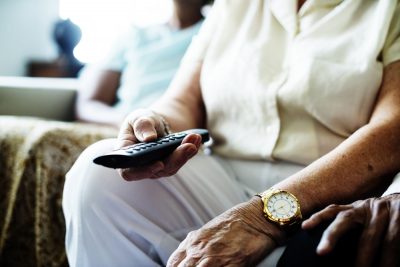
However, tuning into the news daily, while important, can be extremely stressful. Moreover, it is also challenging to find accurate and reliable information. Here are some tips for staying informed about your safety without the added stress of constantly watching, listening, and reading information about it.
- Pay attention to local reports. Restrict what you watch, listen to and read just what pertains to your local situation. Visit local websites and read local publications.
- Listen to the experts:
- Anthony Fauci, M.D., has been the Director of NIAID (National Institute of Allergy and Infectious Diseases) since 1984. He worked under six presidents to combat domestic and global health threats and challenges. He is one of the leading members of the White House Coronavirus Task Force.
- Deborah L. Birx, M.D., is a physician and diplomat who has worked in government since the 1980s. She served as the United States Global AIDS Coordinator in the previous administration and is one of the leading members of the White House Coronavirus Task Force.
- If you want to watch or listen to the national news, try just tuning in at the top of the hour. These programs often lead with the most important and breaking news. After the first commercial break, switch to something more relaxing and less intense.
- Listen to news conferences. Removing yourself from analysis and speculation can help reduce tension. This will also give you the direct information you need with less extraneous opinions.
- Just read the national and local government websites. These aren’t flashy but have become more user friendly over the years, and even more so in the last months. You will get just the facts and nothing to get too excited about. Iowa’s state site is a great place to start along with the CDC.
- Don’t look to social media for updates on a situation this serious. If important information is real and accurate, you will find it in the above resources.
There Are More Dangers Than Just COVID-19
Unfortunately, there are many people out there who will attempt to take advantage of this insecure and unstable time. Avoiding fraudulent schemes is always a concern for seniors, but it is especially important with the current crisis. The government has noted that there is an increased risk of fraud, offered many guidelines, and identified specific scams.
First off, be suspicious of emails or electronic communications representing themselves as WHO, CDC, FEMA, or any other government or global health institution. Mostly these communications will be “phishing scams” and will ask you:
- For sensitive information
- For usernames and passwords
- To click on a suspicious link
- To download a suspicious file
Make sure that you:
- Check the email address against known URLs and sites.
- Check the link against known URLs; I always try to find the information on my own first.
- Don’t give personal information or click on anything unless you have verified that the message is legitimate.
If you feel confused, don’t hesitate to call the organization or agency from which the communication was sent. You can also ask someone who is more adept at identifying links, attachments, and addresses.
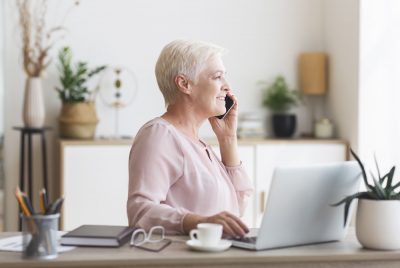
Don’t provide information to any service, company, or person without having complete confidence that they are legitimate.
If you think you have given away sensitive information, be sure to change the relevant credentials and contact the appropriate parties (i.e., your bank, loan agency, the government).
Here is an excellent infographic from the FTC (Federal Trade Commission) about scams: Keep Calm and Avoid Coronavirus Scams.
Additionally, there are some general scams centered around specific topics to look out for:
- Communications about receiving your stimulus check could be fraudulent. There will be no processing fee associated with the checks. You may be able to sign up for a direct deposit of the check and then provide other information to get your payment faster, but this information can be found on the IRS website.
- Do not give out your Medicare, Medicaid, or Social Security numbers to unknown solicitors. Many scammers are asking for this information under the guise of testing.
- If you are contacted regarding financial help that requires money or payment, this could be illegitimate as well.
- Be aware of fraudulent websites and communications asking for donations. Be sure you know who you are dealing with and do your research should you decide to give.
In all communications regarding COVID-19, be sure to check the source. The best way is to stay updated with government websites and trusted sources.
If you think you have been taken advantage of with a scam or fraud related to COVID-19, you can report it safely from your home:
- Contact the National Center for Disaster Fraud Hotline at 866-720-5721 or email disaster@leo.gov
- For cyber scams, file a complaint here.
Remind Your Loved One Of The Seriousness Of The Situation
If you are caring for someone who has memory issues, Alzheimer’s or dementia, please remind them of the severity and importance of the situation. Even if they have no problem with their memory, the additional anxiety can make it easy for seniors to forget what is going on. For their safety and your peace of mind, make sure to check in with them often. Simply remind them that this is a critical time to be mindful and take precautions.
The most important thing to remember is that if you are under quarantine, please remain so and take all precautions seriously. Nothing we recommend is intended to encourage disregard or obfustication of current or future public orders and guidelines.
This Is About You Too!
 Be sure to remember these are not just best practices for taking care of your loved one, but for yourself also! They depend on you. Ensure you are making good choices every day. It is best to do everything you can to avoid some of the additional pitfalls this crisis is creating.
Be sure to remember these are not just best practices for taking care of your loved one, but for yourself also! They depend on you. Ensure you are making good choices every day. It is best to do everything you can to avoid some of the additional pitfalls this crisis is creating.
I know these precautions and preparations can seem extreme and are disruptive to your everyday life. But safety is the number one concern in situations like these. When you are caring for anyone, it is essential to take the lead and set an excellent example for those around you. An ounce of prevention is worth a pound of cure.
If you have any further questions or want to explore more advanced care options for your loved one suffering from memory loss, please reach out to us. We are always here to help.

